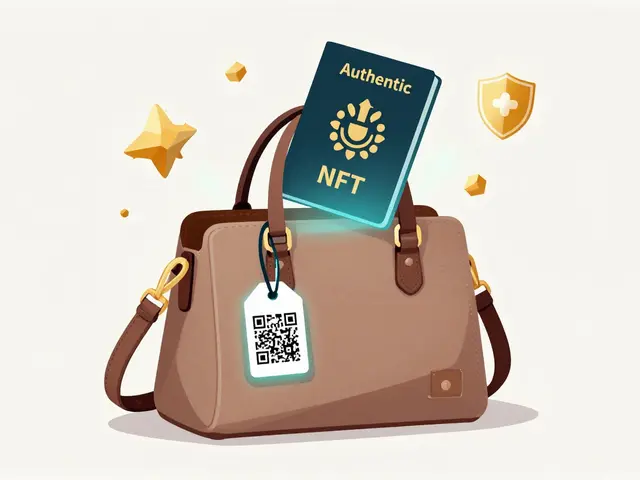Smart Contract Logistics – The Future of Supply Chain Automation
When working with smart contract logistics, the use of programmable contracts on a blockchain to automate and verify logistics processes. Also known as blockchain‑powered supply chain automation, it enables real‑time tracking, trust‑less payments, and reduced paperwork. This concept sits at the intersection of smart contracts, self‑executing code that runs when predefined conditions are met and blockchain, a distributed ledger that guarantees immutability and transparency. By tying together these two technologies, companies can create end‑to‑end workflows that cut manual errors, speed up settlement, and give all parties a single source of truth. The core idea is simple: replace static paperwork with dynamic code that triggers actions like releasing payment once a shipment reaches a checkpoint.
Why It Matters for the Supply Chain
Supply chain managers quickly realize that logistics automation, the application of software and sensors to streamline movement of goods is the missing link for efficiency. With smart contract logistics, every handoff—warehouse receipt, customs clearance, delivery confirmation—can be recorded on the ledger without a third‑party auditor. This reduces fraud, lowers insurance premiums, and provides instant audits for regulators. Moreover, the decentralized nature of blockchain means no single entity can rewrite history, which builds trust among competitors sharing the same network. As a result, manufacturers see faster order fulfillment, retailers enjoy lower stock‑outs, and consumers get more accurate delivery estimates.
Implementing this framework requires three practical steps. First, map existing logistics processes and identify decision points where a contract could enforce a rule (e.g., “release funds only after temperature‑sensitive cargo stays within range”). Second, choose a suitable blockchain platform—public chains like Ethereum offer broad ecosystems, while permissioned ledgers such as Hyperledger Fabric provide tighter access control for confidential shipments. Third, develop and test the smart contracts, integrating them with IoT sensors or ERP systems to feed real‑world data. Companies that follow this roadmap report up to a 30% reduction in administrative overhead and a 15% boost in cash‑flow speed.
Below you’ll find a curated set of articles that break down each piece of this puzzle. From detailed guides on crafting secure smart contracts to case studies on blockchain pilots in logistics, the collection equips you with the knowledge to start experimenting today. Dive in to see how the technology works in practice and what pitfalls to avoid as you bring smart contract logistics into your own operations.
Supply Chain Blockchain Use Cases: Real-World Examples and Benefits
Explore real-world blockchain use cases in supply chains, from food safety to luxury goods, and learn how transparency, smart contracts, and tokenization boost efficiency.





